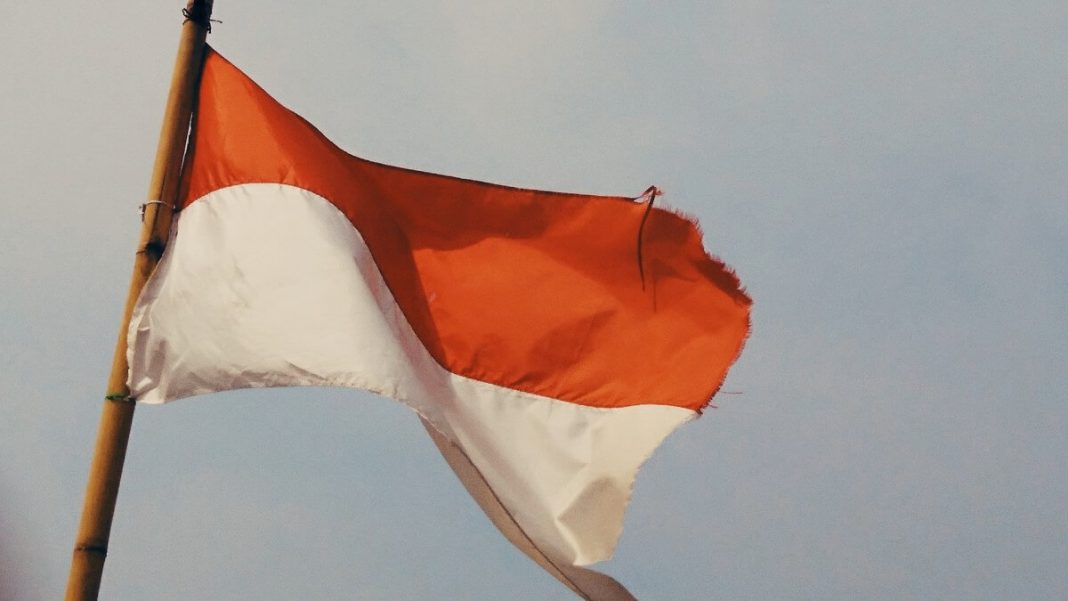Indonesia has decided to halt its visa-free visits policy for 159 countries due to concerns about public order disruptions and the potential transmission of diseases.
According to local media, the order to halt the visa-free visits policy (BVK) was announced by the Ministry of Law and Human Rights, VisaGuide.World reports.
Some of these countries that Indonesia plans to halt visa-free visits are eligible for visa-free visits along with ten countries from the Association of Southeast Asian Nations (ASEAN).
The ministry notes that the decision aims to address concerns related to public order disruptions and the transmission of diseases from countries that aren’t certified by the World Health Organisation as disease-free.
Nationals from countries like Brunei, Cambodia, the Philippines, Laos, Myanmar, Malaysia, Thailand, Singapore, Vietnam and Timor-Leste, are exempted from the visa requirements.
This means that visitors from these countries can stay in Indonesia for 30 days with a valid passport and a confirmed ticket.
Visitors are advised to confirm their travel plans to Indonesia before flying and monitor updates from air carriers and embassies for any changes to entry conditions.
The county, on the other hand, is keen to develop tourism and even began relaxing entry requirements and removing visa or visa-on-arrival requirements that have now been reintroduced.
In his official statement yesterday, the Ministry of Law and Human Rights Immigration Director General Silmy Karim highlighted that the government is seeking visa-free reciprocity with other countries.
“If the visa-free policy is revived, we will have to justify it by reviewing these three criteria: a reciprocal aspect, benefits to Indonesia, and security considerations,” he said.
Unlike Indonesia’s government, many destinations in Southeast Asia and elsewhere welcome tourists with fewer requirements and hassles.
Macrotrends reveals that tourism brings great benefits to the Indonesian economy as expenditure of tourists in 2020 reached $3.5 billion, this being an 80.8 percent decline from 2019, and a 2.74 percent decrease from 2019 when no COVID-19 travel restrictions were in place.
The expenditure in 2019 was $18.4 billion, $17.9 billion in 2017 and 14.6 billion in 2016.
According to Visa Guide Passport Index, Indonesia’s passport is ranked 117th internationally, enabling its citizens to have visa-free travel to 42 countries and to two countries with an Electronic Travel Authorization (eTA) while no passport-free travel is allowed for any country.
In addition, Indonesia has a visa-on-arrival agreement with 29 countries and an e-visa agreement with 22 countries, while a visa is required for entry to 131 countries.
